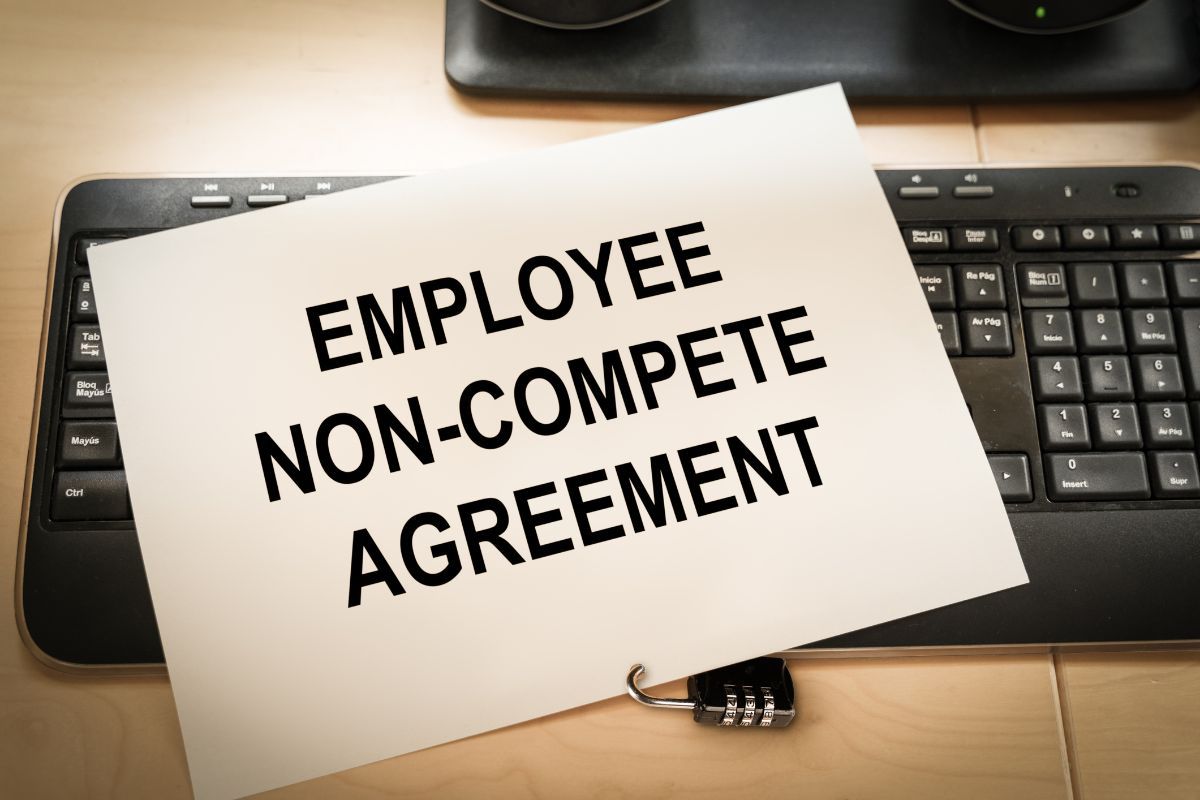A non-compete agreement is “a legal agreement or clause in a contract specifying that an employee must not enter into competition with an employer after the employment period is over.” Tennessee and Missouri currently allow non-compete agreements, but their growing unpopularity is causing many to wonder if they can be ignored. Can your employer actually enforce a non-compete agreement?
Non-Compete Agreement Controversy
A non-compete agreement is designed to keep former employees of a company from revealing proprietary information or trade secrets they obtained while working there. Many employers require such agreements from hourly employees, salaried employees, independent contractors and consultants. While both Tennessee and Missouri will uphold a non-compete agreement if it is reasonable in its terms, there is growing controversy surrounding them.
- California, North Dakota, the District of Columbia, and Oklahoma do not recognize non-compete agreements.
- Maine, Maryland, New Hampshire, Rhode Island, and Washington have banned non-compete agreements for low-wage workers.
- Oregon passed legislationin 2021 to only enforce non-compete clauses if the employee earns more than $100,533 per year, if the restricted period does not exceed 12 months, and the employer agrees in writing to provide compensation to the employee after their termination.
- Nevada passed Assembly Bill 47in 2021 to significantly increase Nevada’s restrictions on non-compete agreements.
- Illinois passed similar legislation on January 1, 2022.
- On January 5, 2023, the Federal Trade Commission(FTC) proposed a ban on noncompete agreements and introduced a period to receive comments from the public through March 10, 2023, and this period was extended until April 19, 2023.
There is also renewed activity in the federal House of Representatives and Senate to ban non-compete agreements by legislative action.
What Makes a Non-Compete Agreement ‘Enforceable?’
Most states that allow non-compete agreements view them with disfavor, and will typically interpret them leaning in an employee’s favor. State laws usually define an ‘enforceable’ non-compete as having reasonable territorial and time limitations that are not overly prohibitive to the employee’s best interests. Unreasonable provisions may be declared unenforceable by the courts.
Here’s an example: two employees of a local pizza parlor refine their trade under a particular employer, then later quit and start their own pizza business. Their previous employer had required them to sign non-compete agreements that prevented them from leaving and using their skills with another local employer. It stated, “you cannot work for another pizza company within 20 miles of my pizza business for at least two years.”
If the pizza entrepreneurs were sued by the former employer for opening their own pizza parlor within 20 miles, the court would have to decide if the wording of the non-compete agreement was reasonable.
- What is the potential threat (if any) to the former employer?
- Does a 20-mile radius unduly hinder the two former employees’ ability to earn a living?
- Is the 2-year stipulation fair or reasonable?
- Would abiding by these stipulations place an undue strain on the former employers? Would they be forced to move or commute to another nearby town in order to practice their skills?
Under current state and national laws, non-compete agreements are enforceable in Tennessee and Missouri, but they have to be reasonable in the restrictions they impose. And the factors making them ‘reasonable’ or ‘unreasonable’ are determined by the courts.
“In deciding whether an individual agreement is enforceable, the factors usually considered by the court are (1) the potential threat to the employer; (2) the hardship that would be placed on the employee if the agreement is enforced; (3) whether the agreement is supported by adequate consideration; and (4) whether there is any public interest in preventing enforcement.”
Our Tennessee & Missouri Non-Compete Lawyers are Ready to Help
Non-compete agreements are so controversial and can be worded so differently, you need an experienced Employment Law Attorney to protect your rights. Contact The Crone Law Firm in Memphis, TN or St. Louis, MO by calling (901) 737-7740 or completing the contact form online.


